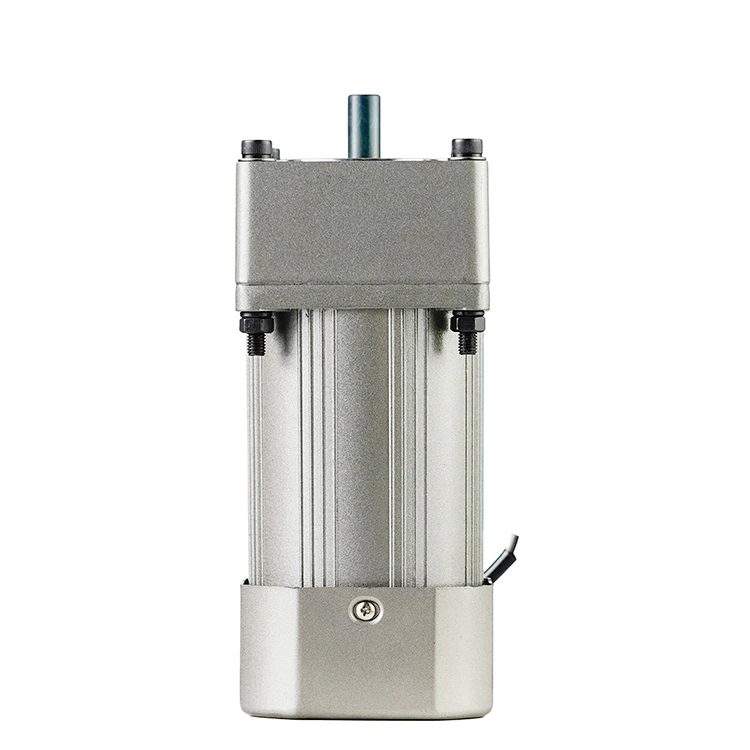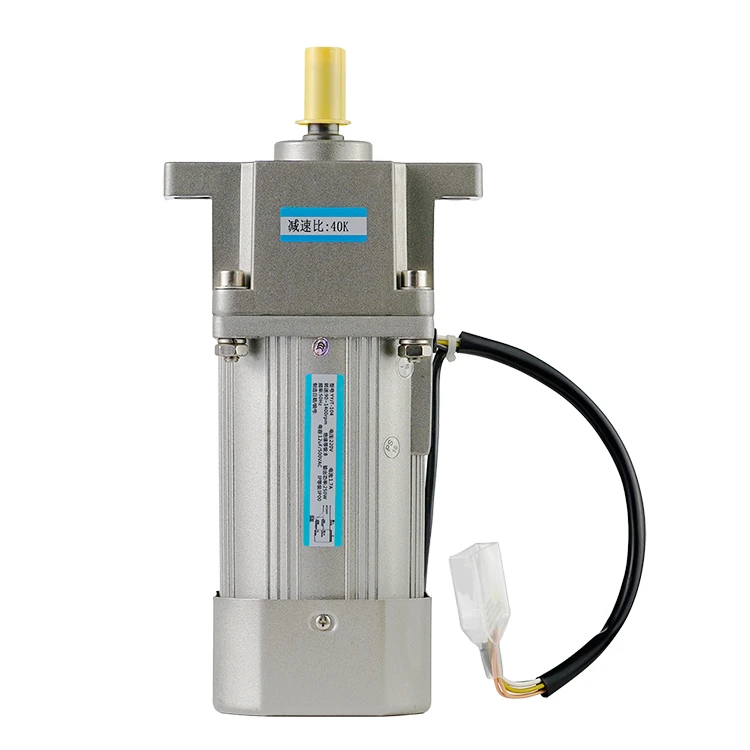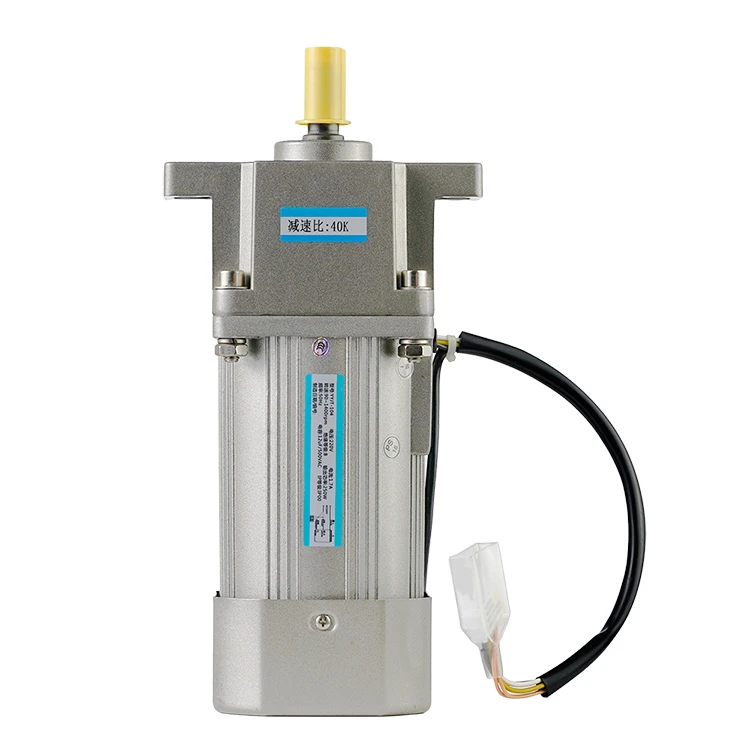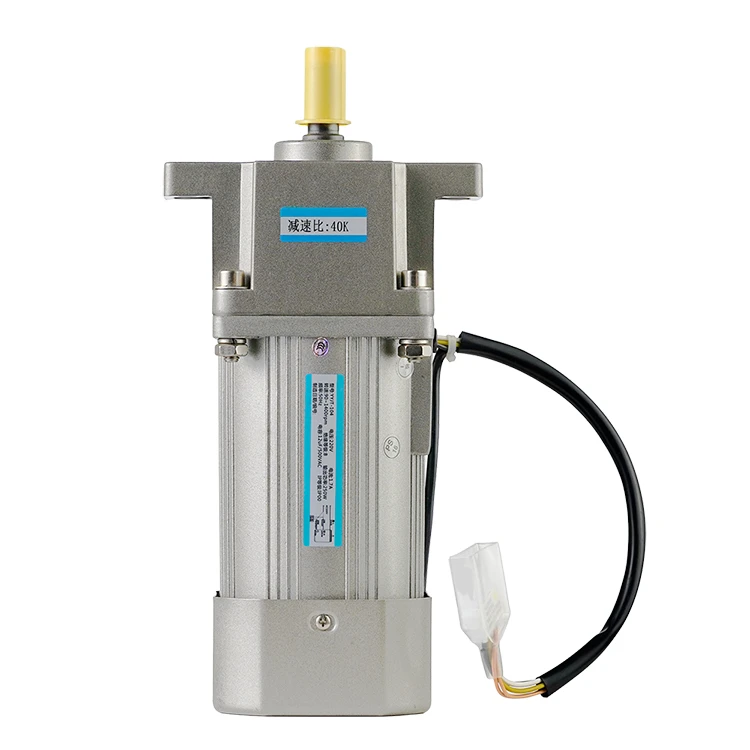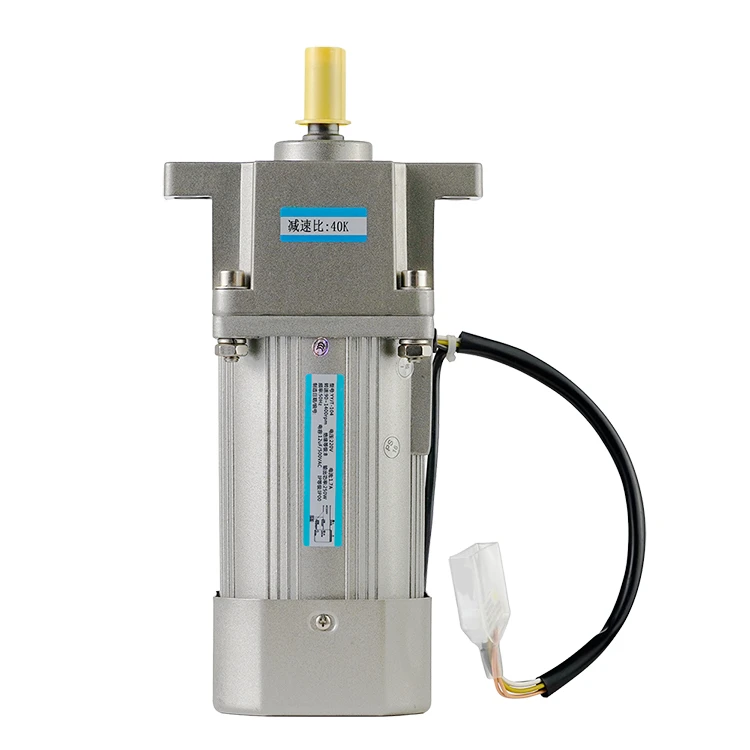What are the types of motors used in a lathe?
2024-09-09 09:42:37
Lathes, fundamental tools in the machining industry, have evolved alongside motor technology, transitioning from manual operation in ancient times to sophisticated, motor-driven machines today. This evolution reflects broader technological advancements, with electric motors now predominant due to their reliability, efficiency, and the precise control they offer over machining processes. Various motor types, including single-phase and three-phase induction motors, direct current (DC) motors, and specialized motors such as servo and stepper motors, cater to different lathe applications, ranging from lightweight, domestic tasks to heavy-duty industrial manufacturing. The choice of motor significantly impacts a lathe's performance, influencing factors such as speed control, torque, precision, and reliability. Understanding the types of motors used in lathes and their respective control mechanisms is crucial for selecting the right motor to enhance machine performance, efficiency, and reliability.

Types of Motors Used in Lathes
Lathes are widely used in manufacturing and woodworking industries, and various types of motors can meet different operational requirements. The choice of motor significantly affects the efficiency, accuracy, and reliability of the lathe. Understanding the different motors used in lathes can help in selecting the right type for specific applications, ensuring optimal performance and productivity.
Single-Phase Induction Motors
Single-phase induction motors are suitable for smaller lathes used in domestic settings or for light-duty tasks. They operate on a single-phase power supply, making them ideal for household electricity. These motors are known for their simplicity and are used in various domestic appliances, illustrating their reliability in less demanding operations.
Three-Phase Induction Motors
Three-phase induction motors are preferred for industrial applications due to their efficiency and capability to handle heavier loads. They require a three-phase power supply and are known for their durability and high performance in continuous duty operations. This makes them suitable for professional-grade lathes that demand high power and stability.
Variable Speed Motors
Variable speed motors, including both servo and stepper motors, offer precise control over speed, making them ideal for applications requiring high accuracy and repeatability.
-
Servo Motors
Servo motors are high-precision motors used in advanced computer numerical control (CNC) lathes. They have excellent responsiveness and can be programmed to follow complex tool paths, resulting in high-quality finished workpieces. Servo motors provide outstanding precision with their feedback mechanism, offering precise positioning and speed control, making them suitable for advanced lathes used in complex machining operations and high-precision machining.
-
Stepper Motors
Stepper motors are commonly found in CNC lathes and are used to control the movement of the cutting tools. These motors provide precise control over incremental movements, allowing for accurate positioning and repeatability. Stepper motors are advantageous for applications that require precise control over tool movement, such as thread cutting or contouring. Though not as precise as servo motors, they are still highly effective for many lathe applications.
Direct Current Motors
DC motors, including brushed and brushless types, are used in some lathes for their simplicity and ease of speed control.
-
Brushed Motors
Brushed DC motors are known for their straightforward design and cost-effectiveness. However, they require more maintenance due to brush wear.
-
Brushless Motors
Brushless DC motors offer higher efficiency and reliability than brushed motors because they eliminate the need for brushes, reducing maintenance and improving lifespan. Their high efficiency and control capabilities make them suitable for lathes where precision and reduced maintenance are crucial.
Considerations for Motor Selection
-
Power and Torque Requirements
The power and torque requirements of the lathe's intended applications play a crucial role in motor selection. Heavy cutting or turning operations require motors with high torque capabilities, while lighter workloads can be handled by motors with lower torque ratings.
-
Speed Control
The ability to control speed is an important consideration in lathe motor selection. Depending on the machining requirements, variable speed control may be necessary. DC motors, especially those with adjustable speed controls, offer flexibility in achieving desired cutting speeds.
-
Precision and Repeatability
For CNC lathes, where precision and repeatability are critical, servo or stepper motors are preferred. These motors provide accurate positioning and controlled movements, ensuring consistent performance and high-quality finished workpieces.
-
Efficiency and Energy Consumption
Efficiency and energy consumption should also be considered when selecting a motor for a lathe. Motors with higher efficiency ratings can contribute to reduced energy consumption and operating costs over the long term.
Conclusion
Lathes rely on various types of motors to power their operations, each offering distinct advantages based on the application requirements. Choosing the appropriate motor for a lathe involves considering factors such as power and torque requirements, speed control, precision, and energy efficiency.
See What Lunyee Can Do For You
Contact Us
- 8619149417743
- +86-0371-5562 0274
- [email protected]
- Zhengzhou, Henan Province, China
- Mon-Fri: 9:00 - 18:00
